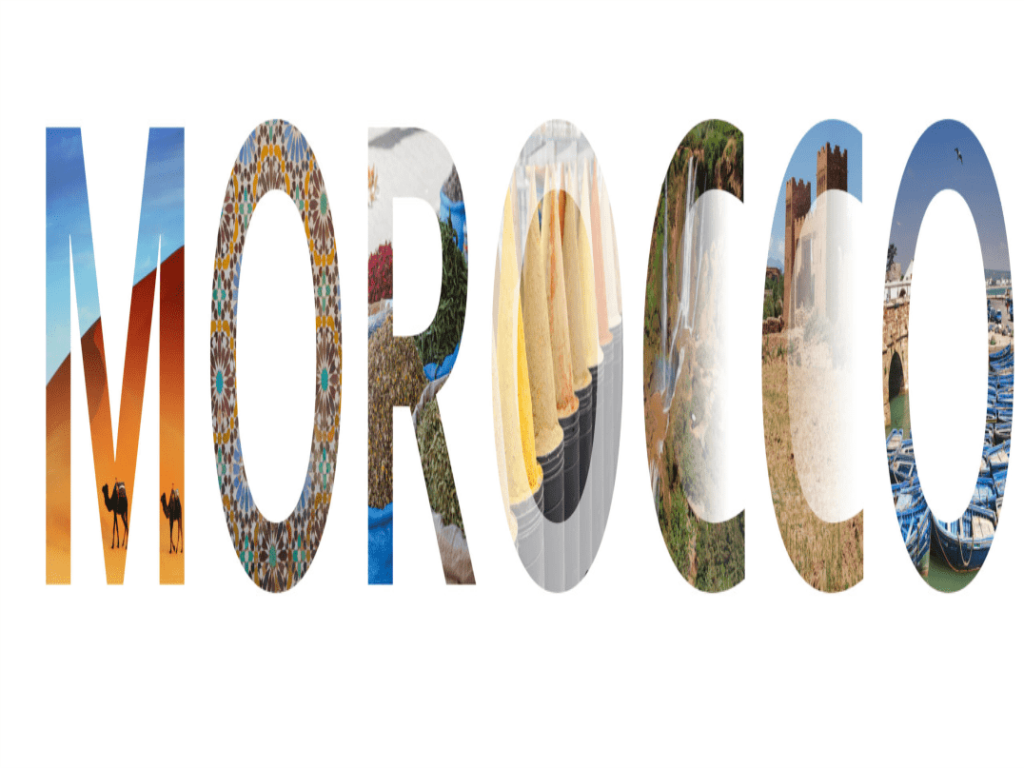What language is spoken in Morocco? If you’ve ever asked this question, you’re not alone. It’s a common query for anyone planning a trip to this beautiful country, and the answer is more fascinating than you might think. Morocco’s linguistic landscape is a vibrant tapestry woven from centuries of history, culture, and trade. For non-native speakers, understanding the Morocco language is the first step to unlocking a truly authentic experience.
What is the Morocco language you’ll actually hear?
After learning that Morocco has two official languages, many travelers wonder which one they should focus on. While formal Arabic and Amazigh hold important roles, the true language of daily life is a vibrant and unique dialect. The language you’ll encounter in conversations, at local markets, and in taxis is a fluid blend that tells its own story. Getting to know this language, known as Darija, is the single most effective way to connect with locals and feel at home in Morocco.
The Official and Most Widely Spoken Languages
Morocco is officially bilingual, with two languages holding a special constitutional status. However, the everyday reality is far more multilingual.
Moroccan Arabic (Darija): The Heart of Communication
While Modern Standard Arabic (MSA) is an official language used in government, media, and education, the true language of the people is Moroccan Arabic, known locally as Darija. This dialect is the most spoken language in Morocco and is the key to daily communication.
- A Unique Blend: Darija is a captivating mix. It’s based on Arabic but has borrowed heavily from Berber, French, and Spanish, reflecting the country’s rich history.
- The Go-To Language: Whether you’re bargaining at a souk, asking for directions in a bustling medina, or chatting with a local, you’ll be using or hearing Darija. It’s essential for anyone who wants to connect with Moroccans on a personal level.
The Amazigh (Berber) Language: The Original Tongue
The Amazigh languages, often collectively called Berber, are the indigenous languages of Morocco. Officially recognized in the 2011 constitution, Amazigh is a cornerstone of the national identity and is spoken by a significant portion of the population, particularly in the Atlas Mountains and rural areas.
- Three Main Dialects: There isn’t just one Amazigh language. The most common dialects are Tachelhit, Central Atlas Tamazight, and Tarifit, each spoken in a different region.
- A Unique Script: Amazigh is written using the ancient Tifinagh script, which you’ll often see on official signs alongside Arabic and French.
Foreign Languages: The Legacy of Influence
Due to its geographic location and historical ties, Morocco also has a strong presence of European languages.
- French: The Morocco language experience is incomplete without mentioning French. A legacy of the French protectorate, it’s widely spoken in urban areas, business, government, and higher education. Road signs, menus, and official documents are often in both Arabic and French.
- Spanish: In the northern regions, particularly Tangier and Tetouan, Spanish is still very common due to a history of Spanish influence.
- English: English proficiency is on the rise, especially among young people and in tourist hubs like Marrakech, Casablanca, and Fez. While you can often get by with English in tourist areas, knowing a few words of Darija will be greatly appreciated.
Essential Moroccan Darija Phrases for Your Trip
Learning a few words of Darija will not only help you navigate, but it will also show respect for the local culture. Moroccans are incredibly welcoming and will appreciate the effort.
| Category | Phrase (Darija) | Pronunciation (Phonetic) | Meaning |
|---|---|---|---|
| Greetings | Salam Alaykum | sa-LAM a-LAY-kum | Hello (Peace be upon you) |
| Labas? | la-BASS? | How are you? | |
| Bkhir, l-hamdoulilah | b-KHEER, l-ham-du-lee-LA | Good, thank God | |
| Common Courtesy | Shokran | shok-RAN | Thank you |
| Afak | a-FAK | Please | |
| Bslama | b-sa-LA-ma | Goodbye | |
| Shopping | Ch’hal? | sh-HAL? | How much? |
| Ghali bezzaf | GHA-lee b-ZAFF | Too expensive |
Language and Culture: The Moroccan Soul
The mix of languages in Morocco isn’t just a practical matter; it’s a profound cultural trait. The ability to switch seamlessly between Darija, French, and even Amazigh, known as “code-switching,” is a natural part of social interaction. It reflects a society that is deeply rooted in its traditions yet fully engaged with the modern world. When you visit, don’t be surprised to hear a conversation that starts in Darija, shifts to French for a technical term, and ends with an Amazigh farewell.
Understanding what language is spoken in Morocco goes beyond a simple translation. It’s about appreciating a culture that embraces its diversity and welcomes you to be a part of it. So go ahead, say “Salam,” and start your adventure.
If you wish to learn more about the Arabic language, download our Arabic learning app.



